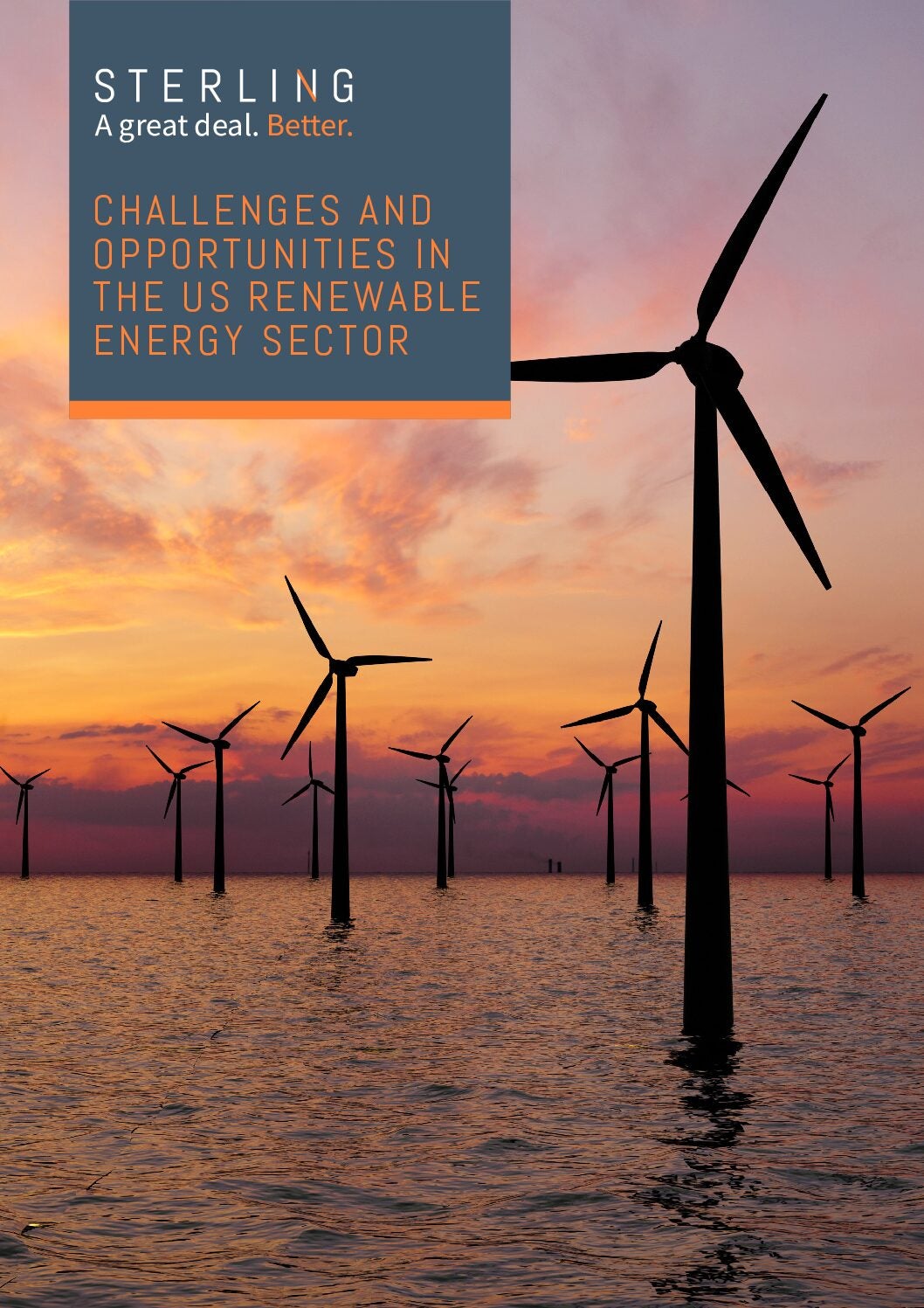
Shell will split up its global renewable power business as part of a shakeup by new CEO Wael Sawan, Bloomberg reported on Thursday.
The change embeds renewables operations such as wind and solar within regional divisions of Shell Energy, the company’s power business. The company will eliminate the global role of executive vice president for renewable generation, an internal document seen by Bloomberg News said.
The documents also show the restructuring appoints Anna Mascolo in the new role of executive vice president for low carbon products and sectors. The role will oversee low carbon initiatives such as carbon capture, biofuels and “nature-based solutions”. However, carbon capture and biofuel technologies are yet to be commercialised in a way that will meaningfully aid efforts to meet climate targets.
Like its peer BP, Shell has signalled a renewed focus on its fossil fuels business after oil and gas delivered record profits for the company last year amid market volatility due to Russia’s invasion of Ukraine. A renewed political emphasis on short-term energy security in Europe has pushed rhetoric around climate targets into the long-term
In a recent interview with the Wall Street Journal, Sawan said: “I fundamentally believe in the role of oil and gas for a long, long time to come.” He also said that he does not believe renewable and low carbon projects should be subsidised by Shell’s fossil-fuel profits, which hit record highs last year.
He will also look at further exploration for new sources of oil and gas in areas where Shell doesn’t currently operate. This shift in focus towards increasing fossil fuel production is at direct odds with recommendations from various climate change committees and with the UN’s latest IPCC report. The International Renewable Agency this week said that in order to keep to targets set out in the Paris agreement, 91% of energy production must come from renewables by 2050, with only 5% coming from fossil fuels.
Sawan had already reshaped the company’s top management team in January by combining natural gas and oil operations and merging renewables with refining and marketing as he sought to streamline the company and boost returns.
A Shell spokesperson confirmed the changes and said that combining downstream and renewables in a single directorate strengthens the business by bringing together all the elements of low-and zero-carbon energy. However, spending on its renewables business will now remain flat.




